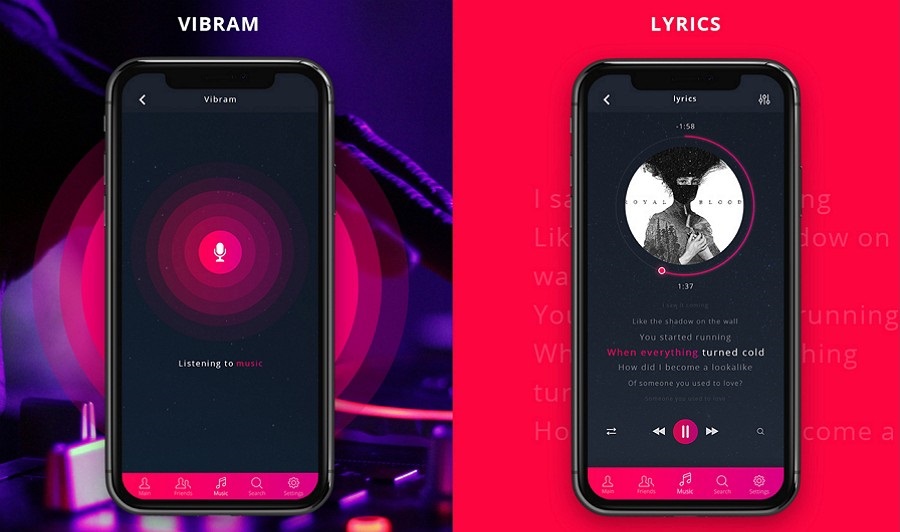General
What Kind of Education Is Needed to Become a Sound Designer for Music?


Sound designers are responsible for all the aural elements of a particular sound production project. They have to single-handedly prepare sound effects, edit shots, and synchronize the dialogues to make it look natural but sometimes they coordinate with technical sound designers, audio recording engineers, musicologists, and many other experts within this domain to complete a creative project. Different certification programs in sound design focus on training students on all the latest advanced types of equipment to keep up with the industry trends. These sound design programs require students to have pursued their full-time post-secondary studies with a minimum requirement of grade points that may vary with the college or university that interests you the most. Here’s something to remember, if sound designing is something that inspires you to pursue a career within this domain:
- Educational background: You don’t have to pursue a full-time degree or a post-doctoral program to be a part of this industry. A clearly defined certification course focusing on different aspects of sound design is sufficient to get started within the sound industry. The basic concepts of audio engineering, sound effects, mixing, theater, live shows, music production, sound equipment, and sound knowledge of music combinations are required to succeed as a sound designer.
- Technical skills: You have to develop expertise in using different software and recording programs like QLab, pro-tools, GarageBand, Logic, and other advanced techniques like plug-ins. You must be aware of tolls that are required in almost every sound design project including the speakers, amplifiers, microphones, graphic equalizers, and mixing boards. These are some of the basic requirements as a professional aspiring to pursue a long-term career as a sound designer.
- Practical knowledge of the sound industry: Grasp the knowledge of different genres of music so that you are in a position to differentiate between two sounds so that you can come up with an innovative and advanced form of it. Try to get acquainted with all sound libraries as it will help you to look beyond the existing sound effects and develop advanced ones. Focus on the benchmark examples within the industry and incorporate them into your creative techniques.
- Communication: As a sound designer, you have to collaborate with different teams and experts from diverse domains which require excellent communication skills to come up with ideas, creative solutions, and to create an effective professional relationship.
- Networking: It is one of the must-have skills for professionals in the sound industry so that they can learn from experts and consult them if they encounter any kind of issues while working on a project.
If you are aiming for a career as a sound designer, then you must focus on all the aforementioned factors starting by signing up for a certification program in sound designing. This industry demands professionals with robust knowledge of music, technical skills, and practical training to challenge the existing norms and practices within this domain. So, sign up for the sound designing course now!



 General2 months ago
General2 months agoWhat Is Smart Construction? A Beginner’s Guide



 Technology1 month ago
Technology1 month agoHow to Send WooCommerce SMS Notifications for Orders





 Technology1 month ago
Technology1 month ago7 Essential TikTok Metrics to Track for Higher TikTok Views in 2025

 Model4 weeks ago
Model4 weeks agoTiffany Stratton: Biography, Wiki, Age, WWE Career, Net Worth, Before Fame, Boyfriend



 Technology4 weeks ago
Technology4 weeks agoTop 5 Tips for Using File Uploads in Your WooCommerce Store Efficiently

 Technology3 weeks ago
Technology3 weeks agoWhy Airlines Are Using Virtual Reality Services for Pilot Training



 General4 weeks ago
General4 weeks agoThe Hidden Costs of a DUI & How a Lawyer Can Help You Avoid Them





 Technology3 weeks ago
Technology3 weeks agoExploring TikTok AI: My Experience Making a Video With Only Artificial Intelligence




You must be logged in to post a comment Login